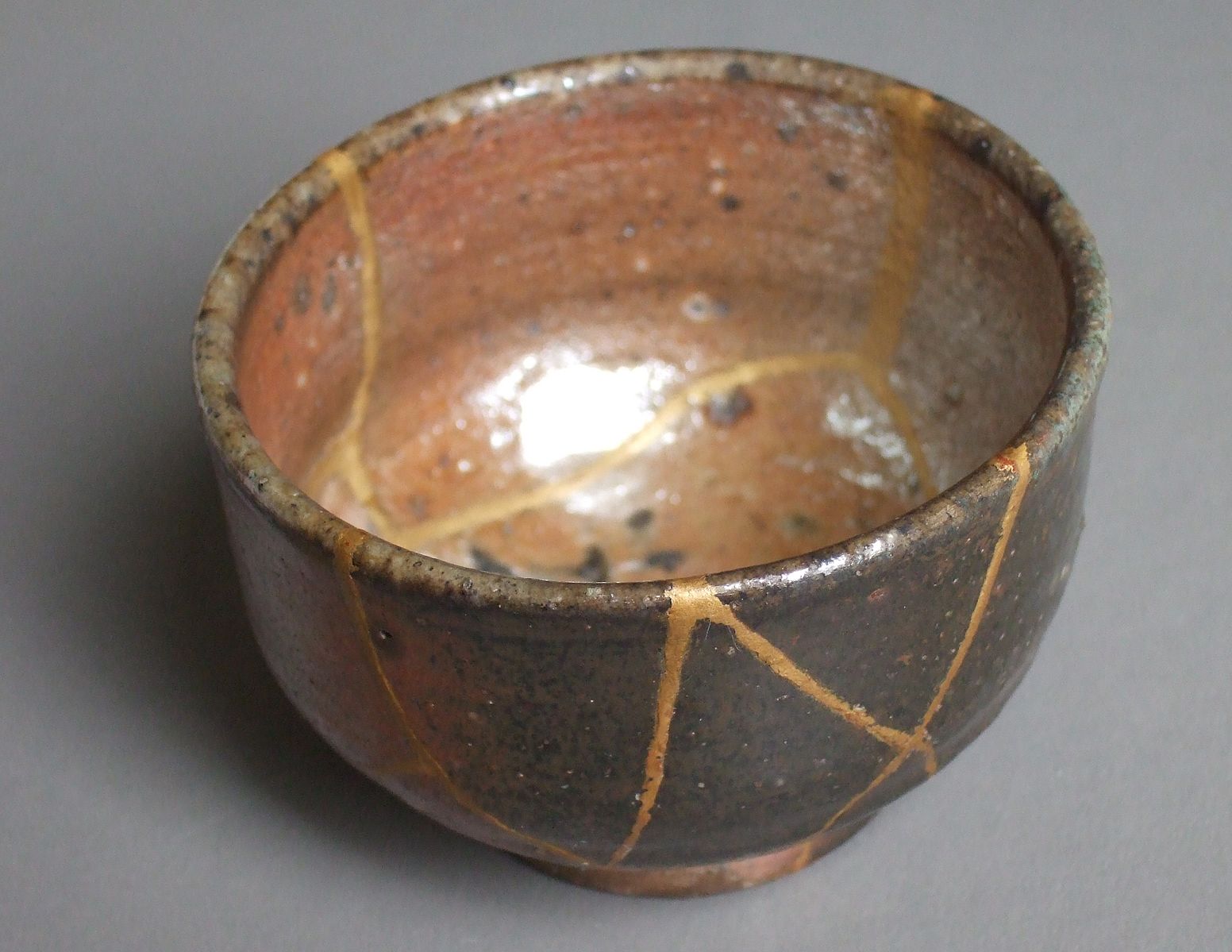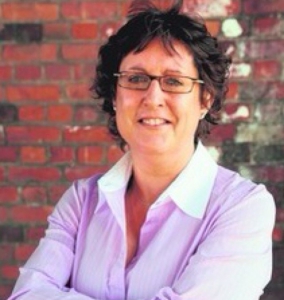PERMAnent Wellbeing in Times of Uncertainty / 5
At a time of unpredictability and change, RNCM Lecturer in Musician’s Health and Wellbeing Sara Ascenso explores how to maintain our mental health and wellbeing.
We are continuing our wellbeing series exploring the PERMA model of wellbeing developed by psychologist Martin Seligman, who suggests five wellbeing building blocks: Positive Emotions, Engagement, Relationships, Meaning and Accomplishment.

Today we focus on Meaning. In the context of this model, Meaning is closely linked with having purpose and a sense of belonging to something larger than the self. When assessing how musicians score across the five PERMA elements in recent research, the Meaning score stood out as extremely high, and the highest of all 5 (check out the study here)!
We are at a time where we might find ourselves experiencing more introspection and many of us sense an opportunity to think a little deeper about life. We’re trying to make sense of the current Covid-19 situation, to understand ourselves and to reflect on how this adversity is changing our lives and may impact the future. In other words, we are searching for meaning. With the noise of modern life, we might not often get the chance to stop and consider what is truly important for us, so this is indeed a precious opportunity.
The Golden Glue
When looking at challenging times, wellbeing studies often explore the concept of resilience. This refers to positive adaptation to adversity. Results show that most of us will experience resilience in distressful times. However, there is a fascinating line of research highlighting how, very often, we go beyond just being resilient and ‘bouncing back’. We end up growing and reaching levels of psychological functioning that are higher than before. This has been called post-traumatic growth. The figures vary across studies, but anywhere from one half to two-thirds of people who go through severely stressful events report that the crisis has led them to grow. We see this with groups who survive natural disasters, severe illnesses, terror attacks (for example, some fascinating results following 9/11), and we are already also starting to see this in the context of the current pandemic. People mention growing in different ways: a greater appreciation of life, strengthening of relationships, increased compassion and altruism, identification of new possibilities, new goals or a new purpose in life, greater awareness and use of personal strengths, spiritual development and creative expression.
 This is somewhat similar to what happens in the Japanese art of Kintsugi (‘golden joinery’), also known as Kintsukuroi (‘golden repair’). You might have come across these pieces. Kintsugi is the process of repairing damaged pottery by mending the broken areas with a special glue, usually dusted with powdered gold, silver or platinum. The idea is to treat breakage as part of the history of an object and rather than hiding the cracks, transform them to enhance the object’s beauty. The parts are skilfully joined back together, strengthened, resulting in a new piece that is more valuable than the original one. I’ve seen a few of these and they are incredible (and quite expensive too)!
This is somewhat similar to what happens in the Japanese art of Kintsugi (‘golden joinery’), also known as Kintsukuroi (‘golden repair’). You might have come across these pieces. Kintsugi is the process of repairing damaged pottery by mending the broken areas with a special glue, usually dusted with powdered gold, silver or platinum. The idea is to treat breakage as part of the history of an object and rather than hiding the cracks, transform them to enhance the object’s beauty. The parts are skilfully joined back together, strengthened, resulting in a new piece that is more valuable than the original one. I’ve seen a few of these and they are incredible (and quite expensive too)!
Times of adversity, such as this pandemic, may bring us complex paradoxes. Although apart, this huge societal push to save lives through distancing has also brought a sense of togetherness and we probably never felt so connected to complete strangers all over the world. We might be navigating grief, gratitude, vulnerability, strength, loss, gain – all at the same time. The search for meaning is a very personal journey, and each of us will walk it differently. But consider taking this time as an opportunity to articulate some of your life principles. What are we learning about our values? What are we learning about ourselves and others? Do our priorities reflect what we value the most? This season certainly won’t be remembered as a happy period in history, but it may be remembered as a time of growth and meaning, when we reconnected with what truly matters to us.
This week we continue to check how our RNCM community is boosting the PERMA elements. We had a chat with Fiona Stuart, Head of Learning and Participation. Here’s what Fiona shared:

Fiona Stuart, Head of Learning and Participation
‘I found the whole situation very challenging at first. I love being in the college building and on a lively corridor where students pop in and out all day and I hear constant chatter and laughter. I miss the connection that college-life brings and enjoy catching up with everyone on video. I’m also finding that I’m keeping in contact with family and friends more so than usual, especially those who are further away. I think this strange period may leave behind some things that are actually very positive and keeping in better touch by video will be one of those things for me. We have a virtual cocktail party once a week and I’m pretty sure this will be a regular thing now!
‘We’ve split our nights into themes to make sure we don’t just fill our lives with box sets…and there are just SO many! So we have a Documentary Night, Hobby Night (I’m doing a certificate in Wine Studies, though the supplies for my tasting exam are running seriously low!), Pizza and Film night, Book Night, Culture Night where we watch a theatre, opera or dance production (Benedict Cumberbatch in Frankenstein anyone?). This might all sound a bit odd but it helps us to make the week a bit more interesting and choose things we might not usually watch. A Pamper Night is also a lovely way to treat yourself every now and then, especially if, like me, your wrinkles are starting to need attention.
‘We’re lucky to have a garden and to also live next door to a park, so I get plenty of opportunity to do my daily exercise in lovely surroundings. I’d really encourage you to get out into nature if you can, it’s so good for the soul to be amongst greenery and to hear the birds. Have you noticed there’s more wildlife about? We’ve recently discovered a visiting hedgehog in our garden, which is also pleasing our cat Hettie as she eats the food we leave out for it! She thinks we don’t know…’
It has been great to hear about your own PERMA strategies! Keep sending them in to [email protected].
If you’re interested in further exploring the topic of Meaning, I recommend Man’s Search for Meaning, a fascinating book written in 1946 by Viktor Frankl, Austrian psychiatrist, neurologist and holocaust survivor.
6 May 2020


